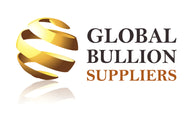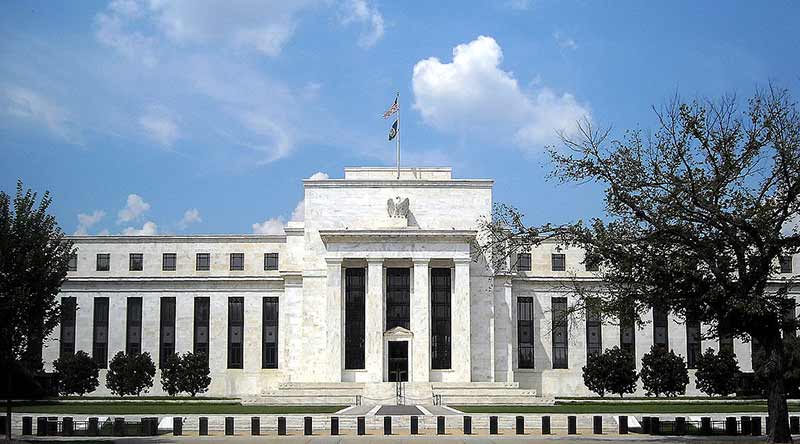Why Do Central Banks Buy Gold?
Anytime China is near the charts in global economics, it’s worth doing a little digging to find the root cause. Governments have been busy, and so have we with some digging into why do central banks buy gold...
For years, government banks such as the People’s Bank of China have been upping purchases of gold. Huge purchases, in fact. Bloomberg’s Ranjeetha Pakiam writes that according to Haywood Cheung of the Hong Kong Gold Exchange, China plans to import over 1,000 metric tons over 2017. So what’s the deal? Why spend all that money on gold?
So why does a central bank buy up gold? One reason is to bolster foreign reserves.
Reuters’ A. Ananthalakshmi discusses how China has the world’s largest foreign exchange reserve, but only 1.8% of it is in gold. Why is that striking? Contrast this figure with the fact that 73% of America’s foreign reserves are in gold. China has a lot of gold to buy if it wants to keep up. This may come as a surprise to economic historians who recall how Nixon severed the gold’s direct connection with the US Dollar nearly five decades ago. So why is that 20% of gold ever mined is in the hands of central reserves?
To Manage and Mitigate Risk
Generally, central banks buy gold and other precious metals to avoid currency risks. This is a time-tested strategy akin to why you would own precious metals. This is the same reason that a private citizen would. As Herve Hannoun, Manager of the Banque de France, describes it, “the absence of any credit risk is an intrinsic quality of gold”. J.P. Morgan was known to make similar comments. Simply put, the buying power of gold tends to act as a hedge against a weakening dollar or any other fiat currency.
To Ensure Stability and Growth
Central banks buy up gold because they have a primary responsibility to promote stable economic growth. The potential for market excesses mean that central banks must be able to apply monetary measures to keep markets strong, yet not too strong. The ability to buy and sell gold helps central banks control market growth. This explains why the Chinese and Russian governments have been keenly investing in the metal. Their developing economies are especially exposed to free market excesses. Owning gold prevents these excesses from utterly driving currency and damaging industry.
Gold Against the Dollar
Currencies have fluctuated wildly since breaking from the gold standard. One of the best ways for governments to hedge against inflation is to invest in things that are not tied to the dollar. Precious metals - especially gold at the institutional level - are the most common choice. Having mitigated risks, and ensured stability, they are able to efficiently support the dollar.
Interested in more about why central bank buy gold and precious metals developments? Learn more at global bullion’s articles and news, and our catalog of gold and silver products.

